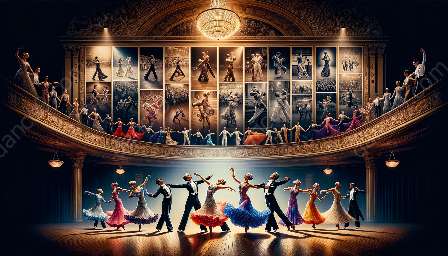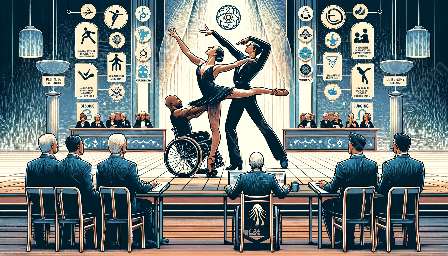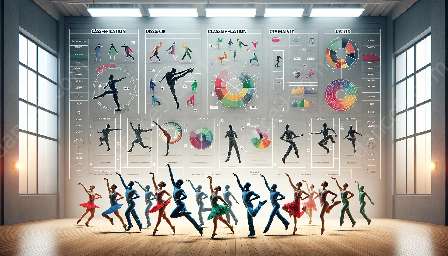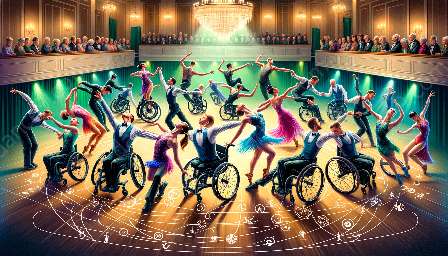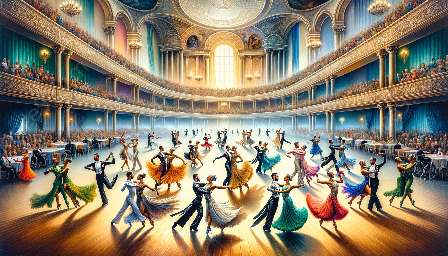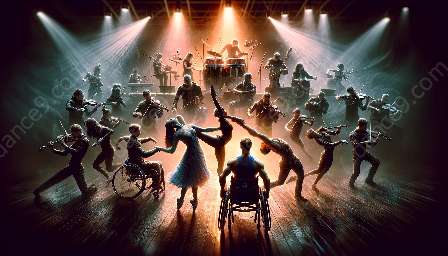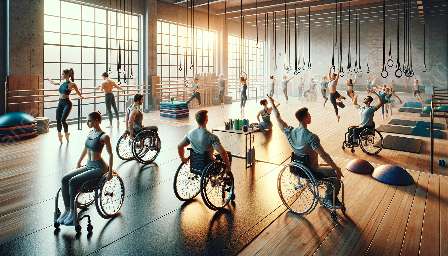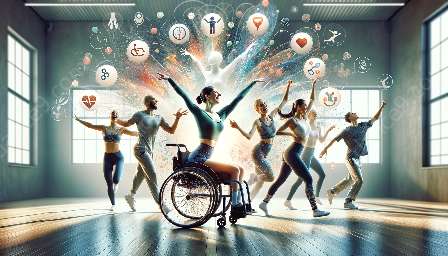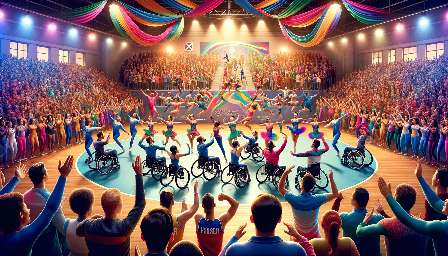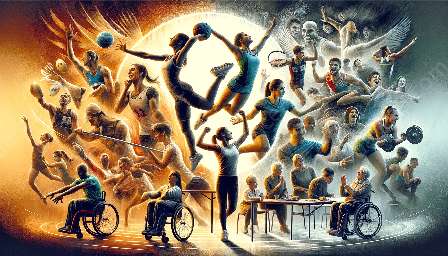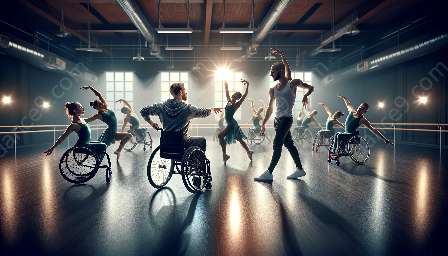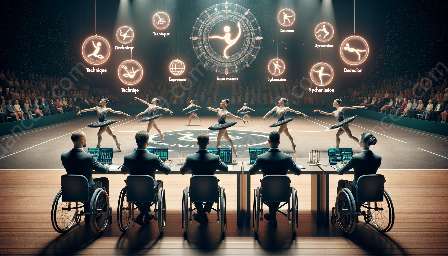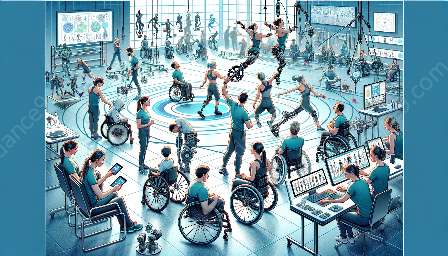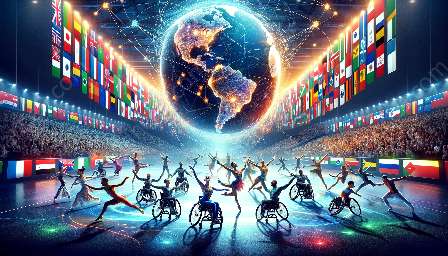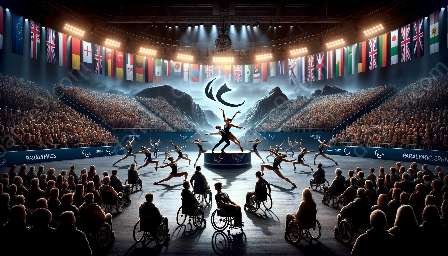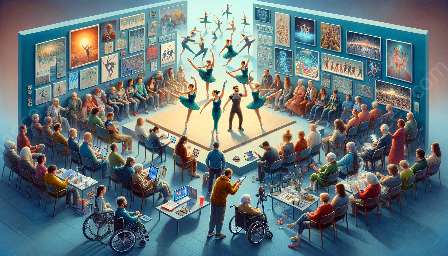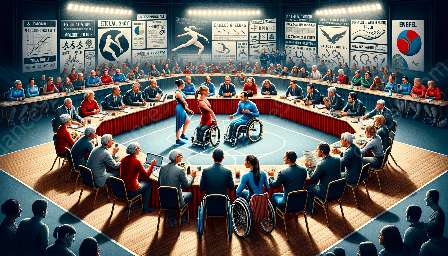Para dance sport, also known as wheelchair dancing, is a captivating display of grace, strength, and artistry. It is a sport that embraces participants with physical disabilities, providing them with a platform to showcase their talent and compete at the highest levels. The judging criteria in para dance sport plays a pivotal role in ensuring inclusivity and fairness for all participants, contributing to the growth and recognition of the sport.
Understanding Para Dance Sport
Para dance sport encompasses a variety of dance styles performed in partnership, including Latin, ballroom, and freestyle. Participants showcase their skills in solo, duo, or group categories, with an emphasis on artistic expression, technical proficiency, and musicality. The sport not only celebrates the art of dance but also promotes physical well-being, social inclusion, and self-confidence among individuals with disabilities.
Para Dance Sport Techniques
Para dance sport techniques are tailored to accommodate the specific needs and abilities of participants with physical impairments. Depending on the nature of their disabilities, athletes may utilize wheelchairs or other mobility aids while engaging in intricate footwork, spins, and lifts. Coordinated movements, balance, and synchronization are paramount, requiring precision and skill to execute choreography with fluidity and elegance. The integration of adaptive techniques ensures that para dance sport remains accessible and enjoyable for individuals with diverse mobility challenges.
Judging Criteria and Inclusivity
The judging criteria in para dance sport is meticulously designed to assess the technical and artistic aspects of each performance while upholding principles of inclusivity and fairness. Judges evaluate elements such as posture, frame, footwork, and partnering skills, considering the unique adaptations and innovations that enhance the quality of movement and expression. Inclusivity is fostered through the recognition and appreciation of the diverse capabilities and styles exhibited by participants, acknowledging the beauty of individual interpretation within the framework of established dance techniques.
Equity and Fairness
Para dance sport embraces a culture of equity and fairness, ensuring that participants are evaluated based on their own merit and achievements rather than being compared to nondisabled dancers. The judging criteria reflects this ethos by emphasizing the intrinsic value of each performance, regardless of the dancer's physical abilities. Striving for excellence and maintaining high standards, the scoring system acknowledges the technical prowess and emotional impact of the routines, prioritizing integrity and respect for the artistry of all participants.
World Para Dance Sport Championships
The World Para Dance Sport Championships serve as a showcase of elite talent and a testament to the global reach of para dance sport. The competition brings together athletes from diverse backgrounds, fostering a spirit of camaraderie and sportsmanship. Judges at the championships uphold the standards of inclusivity and fairness, recognizing the collective achievements of participants while promoting a positive and enriching experience for all involved.
Conclusion
The judging criteria in para dance sport reflects inclusivity and fairness by valuing the diverse capabilities and artistic expressions of all participants. Through adaptive techniques, equitable evaluation, and the celebration of individual achievement, para dance sport continues to inspire and empower individuals with disabilities, promoting a more inclusive and diverse landscape within the realm of dance sport.

